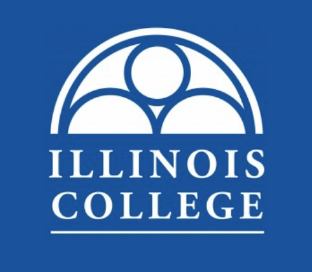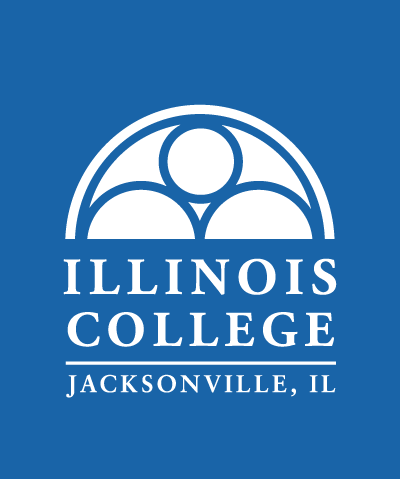The IC BLUEprint: A Distinctive Path to Leadership and Service
At Illinois College, the IC BLUEprint General Education Program is more than just a curriculum—it’s a transformative journey designed to shape adaptable, well-rounded leaders for today’s ever-changing world. The BLUEprint invites students to explore diverse perspectives, challenge conventional thinking, and develop a broad foundation of knowledge across disciplines, from the arts and humanities to the sciences and social behavior.
What sets the BLUEprint apart is its focus on real-world relevance. Through courses in communication, global awareness, and ethical decision-making, students gain the skills employers value most—critical thinking, cultural literacy, and statistical reasoning. The program uniquely combines classroom learning with hands-on experiences, allowing students to apply their knowledge in impactful ways, from community engagement projects to global travel opportunities.
Organized around three key themes—Building a Strong Foundation, Exploring the Liberal Arts, and Preparing for Leadership and Service—the BLUEprint ensures students are equipped with essential skills for the future. These include writing and speaking extensively, navigating information literacy, and practicing ethical and responsible action. Through this innovative program, Illinois College graduates emerge as lifelong learners, ready to contribute meaningfully to their communities and lead in their careers.
The IC BLUEprint isn’t just about learning—it’s about preparing students to make a difference.


